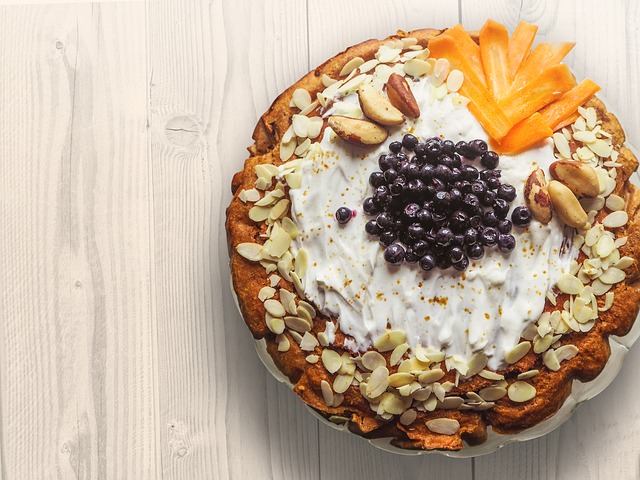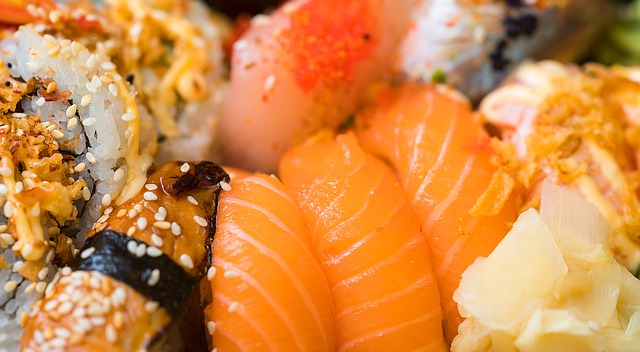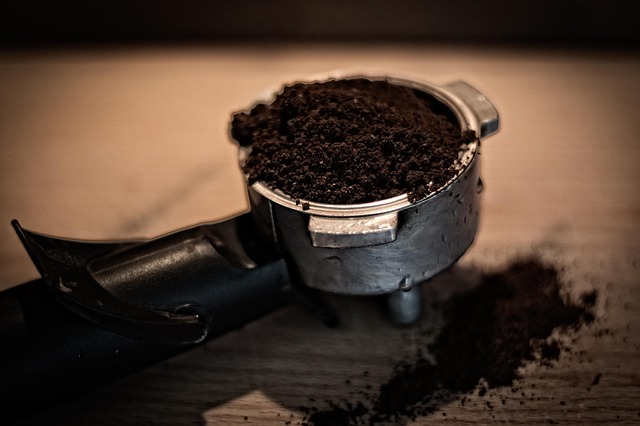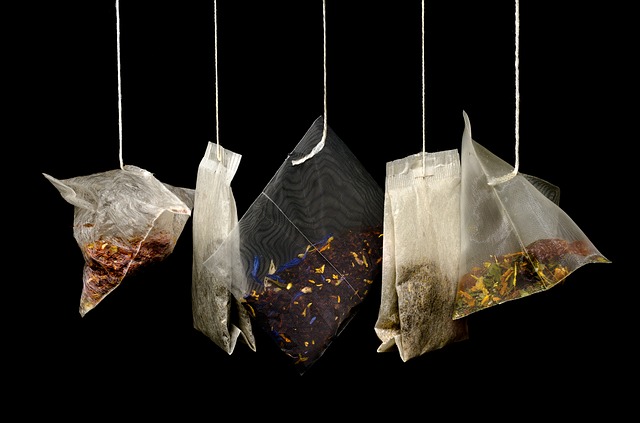Fasting during Ramadan can improve one’s health, but only if done in the proper manner, if not, it can cause more harm than good. After long hours of fasting when you see a good spread of appetising iftar in front of you, eating healthy can sometimes be a distant dream. All you have to do is prepare and eat food made from fresh ingredients, cooked in a healthy manner for a nutritious Ramadan meal.
Follow our tips to make a few lifestyle changes to get the best out of this Ramadan.
Stay hydrated

You have to make sure that you drink enough water after you break your fast so that you do not feel thirsty or have any signs of dehydration the following day. Drink 8 glass of water throughout the night.To avoid thirst, avoid salty foods, such as canned or processed foods, salted nuts, and pickles, because these will increase your thirst during the fasting period. Also, avoid foods that are too spicy or salty, and consume more fruits and vegetables that are refreshing.
Start your meal with dates

Dates are a very important source of sugar that will replenish the energy you lost throughout the long hours of fasting; it is rich in fibres that will regulate your bowel movements. They are rich in magnesium and potassium as well.
Avoid Salty and Sugary Foods

Eating sweets immediately after iftar will result to bloating and cause a delay in digestion. It will also cause a fluctuation in the blood glucose level, which will lead to you craving for more sweets. That’s why, it is recommended to have sweets in moderation 2-3 hours after iftar.
Ensure that your meal has all food groups

Your iftar should have a source of grains, proteins, vegetables, fruits and healthy oils. For example Bread rolls contains potatoes, chillies and Tandoori Cutlets contains all food groups.
Break your fast slowly
Followed your meals with soup, a bowl of salad and then go to the main meal. If you feel full after the salad, you can take a break and continue your meals later. Overeating can cause stomach pain and bloating which is a very common problem that people face during Ramadan. Starting your iftar meal with a warm soup comforts the stomach after a long day of fasting, replenishes your body with fluids and help prepare the digestive system for this meal.
Make healthy food choices

Choose whole grains, lean meat, chicken breast, fish, olive oil in moderation and whole fruits instead of fruit juices.Avoid fried food, and food high in fat.
Meats, legumes, eggs and dairy products are rich in proteins. Ensure you have at least one of these sources in every Ramadan meal since proteins are very important for your satiety level (Tikka Samosa / Chicken Samosa)
Avoid coffee

If you are a coffee drinker, try and reduce your coffee consumption in order to avoid headaches and sleepiness.
Divide your meals

Having three meals is still important during this holy month: iftar, a light evening snack, and suhur. This would help you avoid continuous snacking throughout the non-fasting hours.Divide your main course into three parts. Have one-quarter of the plate filled with complex carbohydrates, one-quarter with lean meat or meat alternatives, and half with vegetables. This will ensure that you have a healthy balanced meal.
Exercise

Adding exercise to your daily routine during Ramadan is very beneficial. This will help you maintain a healthy weight and healthy lifestyle.
If you are a regular athlete used to moderate or vigorous exercise, you can still maintain this by incorporating your exercise session just before iftar. Try exercising an hour or two after you break your fast. But if you feel tired or thirsty, have a break because you risked sickness.





